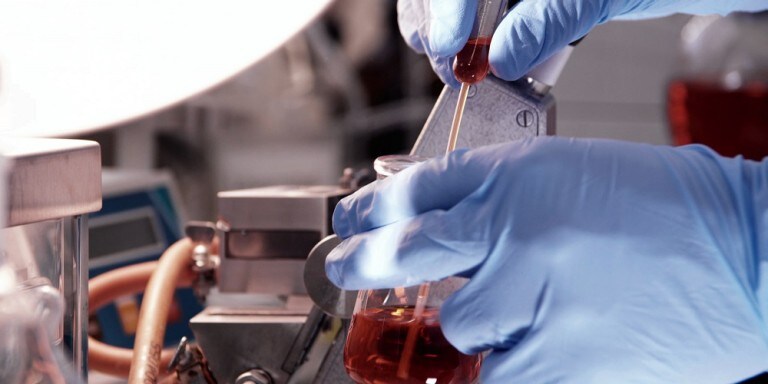
Health functions
Vitamin B6 (pyridoxine) normal function of the nervous system, red blood cell formation, the immune system, and psychological functions. Read More

Vitamin B6 is a water-soluble vitamin. There are three different natural forms of vitamin B6, namely pyridoxine, pyridoxamine, and pyridoxal, all of which are normally present in foods. For human metabolism, the active derivative of the vitamin, pyridoxal 5`-phosphate (PLP), is of major importance as the metabolically active coenzyme form (1, 2, 3, 41).
Authored by Dr Peter Engel in 2010, reviewed and revised by Angelika Friedel on 14.06.2017

Vitamin B6 (pyridoxine) normal function of the nervous system, red blood cell formation, the immune system, and psychological functions. Read More

During protein digestion, amino acids including ‘methionine’, and homocysteine, an intermediate in the methionine metabolism, are released. Read More
Things to know about Vitamin B6
Vitamin B6 supplements at doses much larger than those needed to prevent deficiency (see Intake Recommendations) have been used in an attempt to treat a wide variety of conditions. Read More
The recommended dietary allowance (RDA) of vitamin B6 (pantothenic acid) is dependent on age, gender, and other factors. Read More
National nutrition surveys for some European countries have shown estimated mean dietary vitamin B6 (pyridoxine) intakes for adults of 3 mg/day, with a range of 1.6–3.6 mg/day (38). Read More
Severe vitamin B6 (pyridoxine) deficiency is uncommon. Symptoms include irritability, depression, confusion, tongue inflammation and open mouth sores. Read More